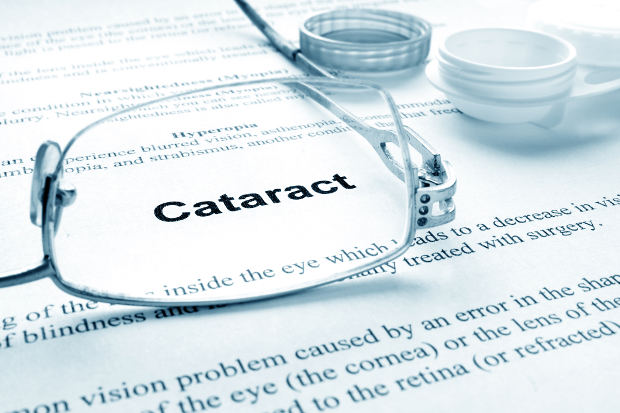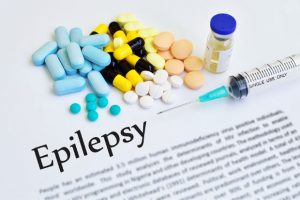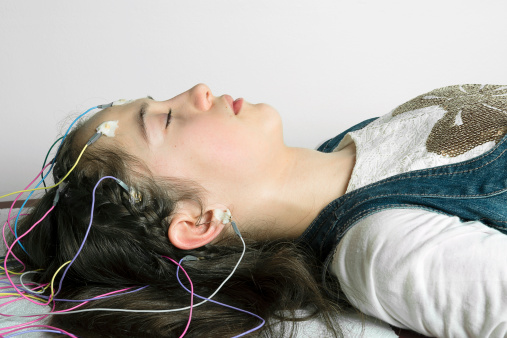Epilepsy week: Cataracts, diabetes, heart rate
Today marks the beginning of National Epilepsy Week and your friends at Bel Marra have taken the time to round up much of the information you need to get you up to speed on this neurological condition. Seizures can be scary and confusing, so it’s best to stay informed. We also have information on cataracts, ...click here to read more














